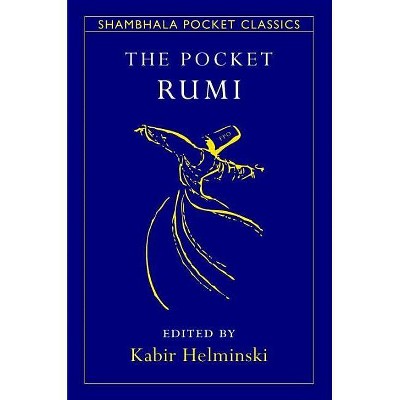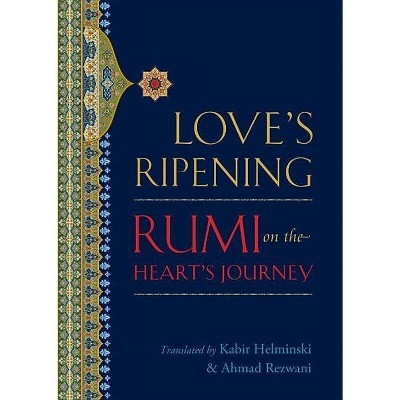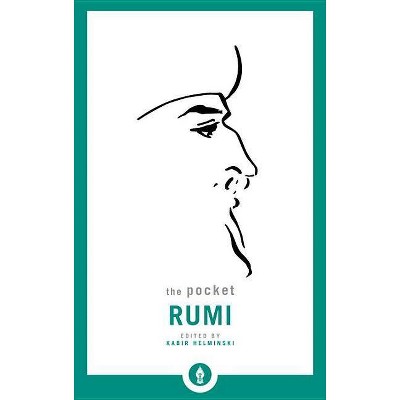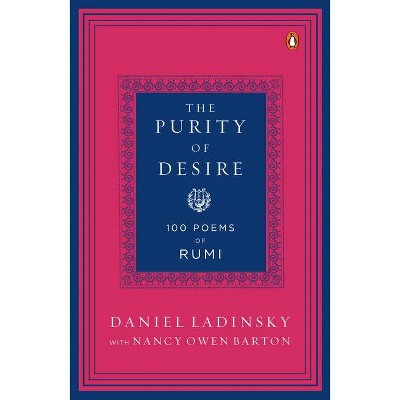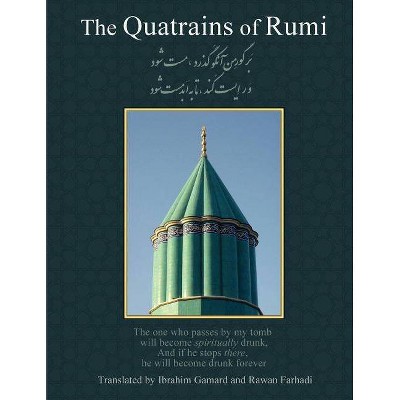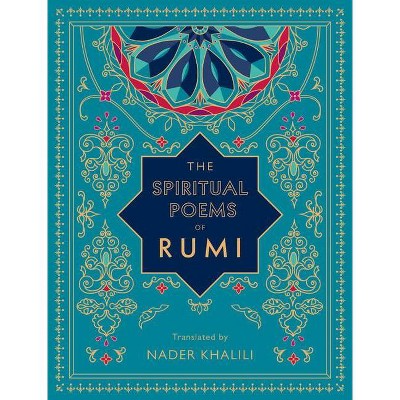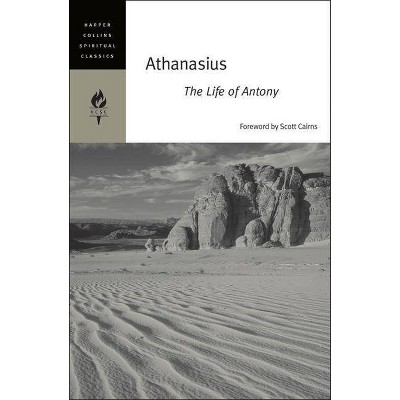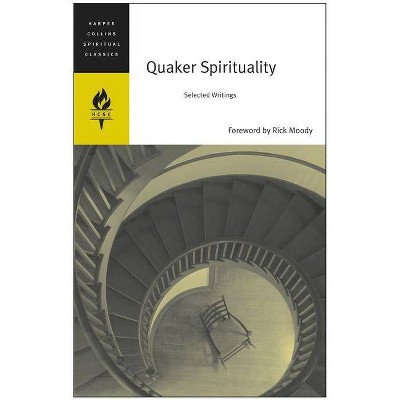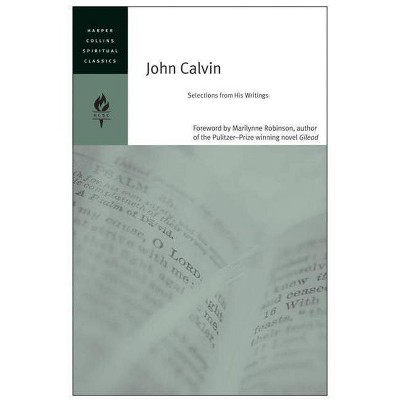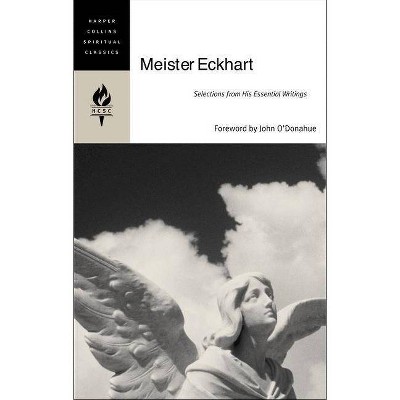Spiritual Verses - (Penguin Classics) by Mevlana Jalaluddin Rumi (Paperback)
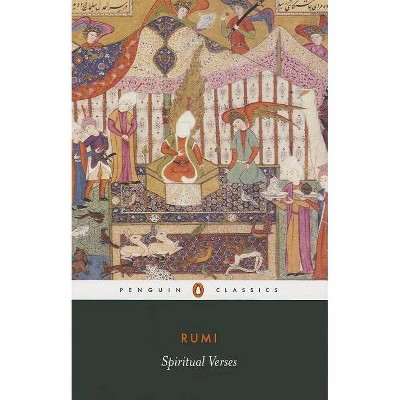
Similar Products
Products of same category from the store
AllProduct info
<p/><br></br><p><b> About the Book </b></p></br></br>Begun in 1262, this work is thought to be the longest single-authored mystical poem ever written. In brief verses that are copious in meaning, Rumi teaches how progress to the ultimate goal of the Sufi path--union with God--is gained through the elimination of self-regard and worldly desires.<p/><br></br><p><b> Book Synopsis </b></p></br></br><b>The spiritual masterpiece of the Persian Sufi tradition in a brilliant new translation</b> <p/> The longest single-authored mystical poem ever written, the <i>Masnavi-ye Ma'navi</i>, or spiritual couplets, is the masterpiece of the Persian Sufi tradition. Its author, Jalaloddin Rumi, was a poet and mystic of the highest attainment, but he was first and foremost a spiritual teacher, and his <i>Masnavi</i> is a ladder to the spiritual world, leading the reader to the ultimate goal of the Sufi path-union with God. Alan Williams's translation into blank verse beautifully conveys the poetry of the original Persian couplets, while his introduction discusses how the modern reader might approach Rumi's writing.<p/><br></br><p><b> About the Author </b></p></br></br>Called 'Jelaluddin Balkhi' by the Persians and Afghans, <b>Rumi</b> was born on September 30, 1207, in Balkh, Afghanistan, then a part of the Persian Empire. He was the greatest mystical poet of Persia, famous for his didactic epic <i>Masnavi-ye Ma'navi</i> (<i>Spiritual Couplets</i>), a treasure-house of Sufi mysticism. Rumi died on December 17, 1273. <p/> <b>Alan Williams</b> is Senior Lecturer in Comparative Religion at the University of Manchester.
Price History
Price Archive shows prices from various stores, lets you see history and find the cheapest. There is no actual sale on the website. For all support, inquiry and suggestion messagescommunication@pricearchive.us
